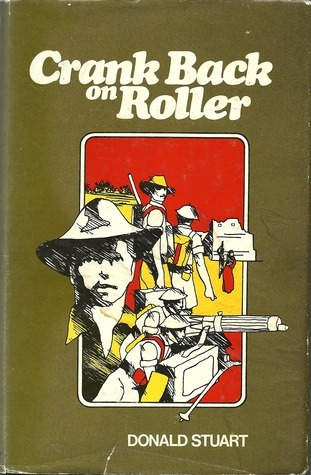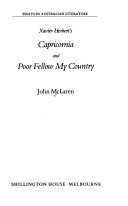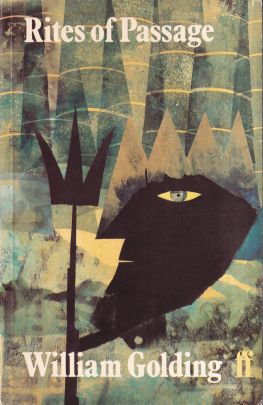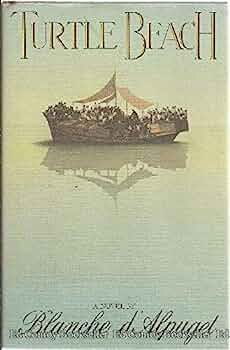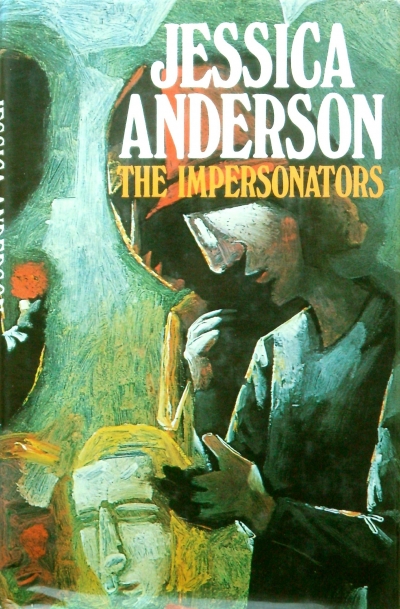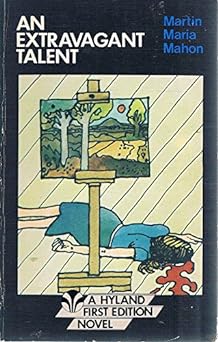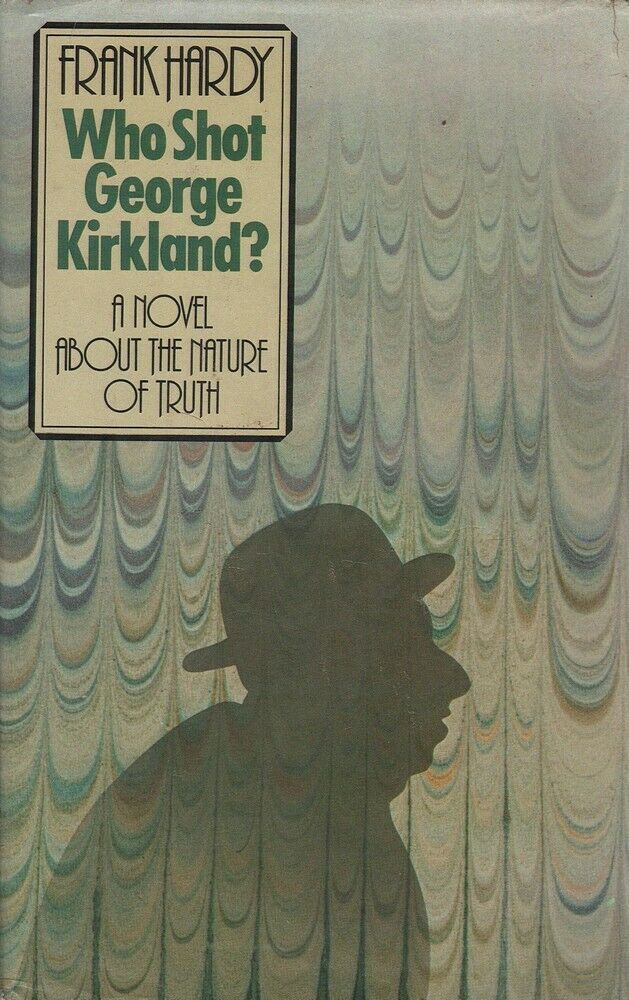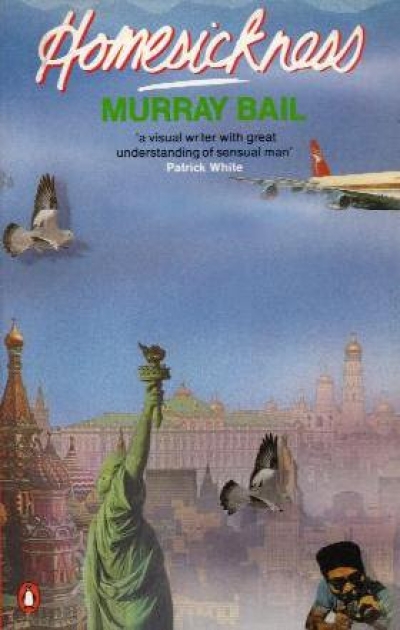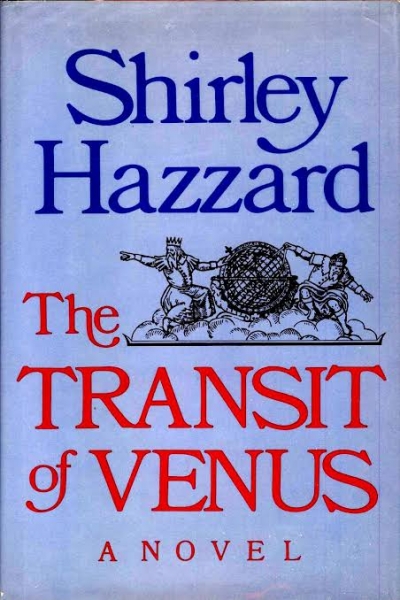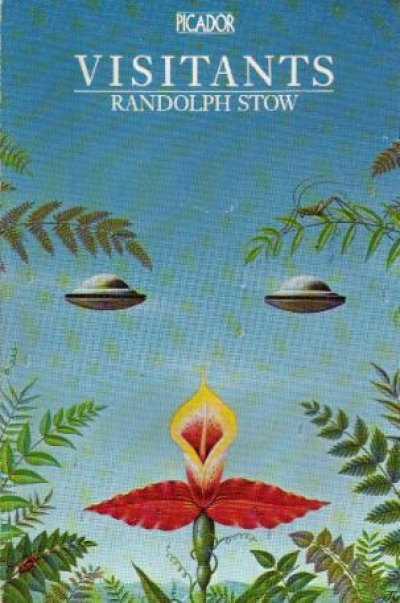This volume is subtitled ‘A novel About The Nature of Truth’ and thus marks Frank Hardy’s continuing concern with basic concepts, the source matter of philosophical and theological debate, rather than with the social immediacies tat inspired and formed the texture of his earlier fiction. As with But the Dead are Many, his previous novel, a tour de force of considerable proportions in which Life and Death were set forth as interchangeable terms rather than irreconcilables, the present work is intricately structured in recognition of the complexity of the issues which is being debated, or, put otherwise, the evasiveness and obduracy of the daemon with which the writer-character is wrestling. There is certainly some sense in Hardy of being more than just interested in narrative formulae, modi operandi, recapitulative tactics. (Appropriately enough, since he writes of men in the grip of obsessions which gnaw at their intellectual vitals, and, as suggested, he stands on extraordinary intimate terms with them.)
...
(read more)


